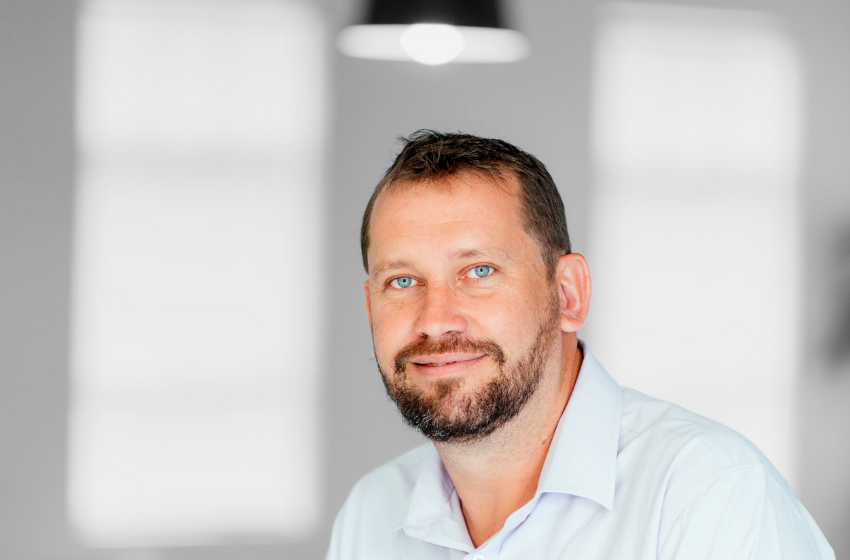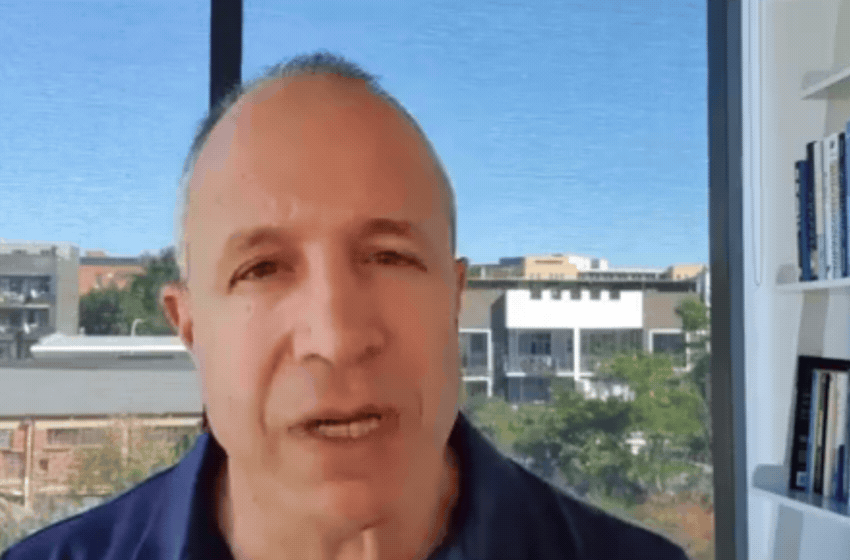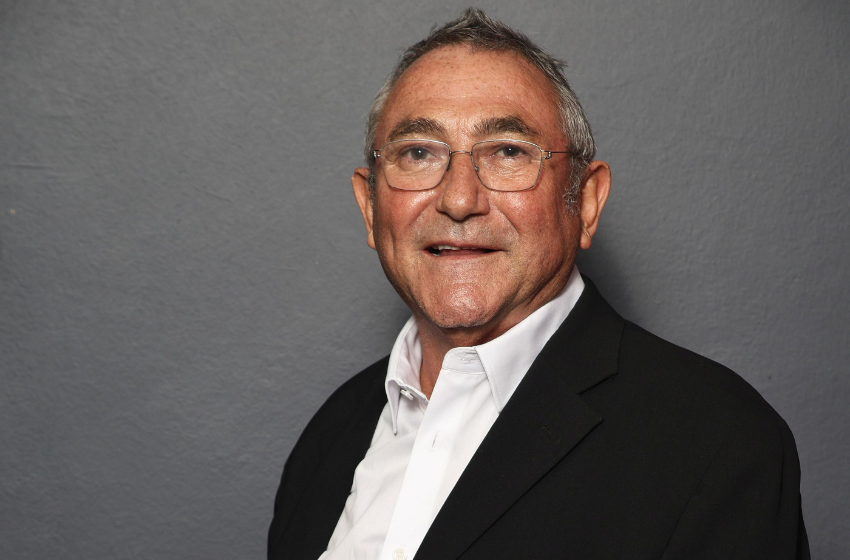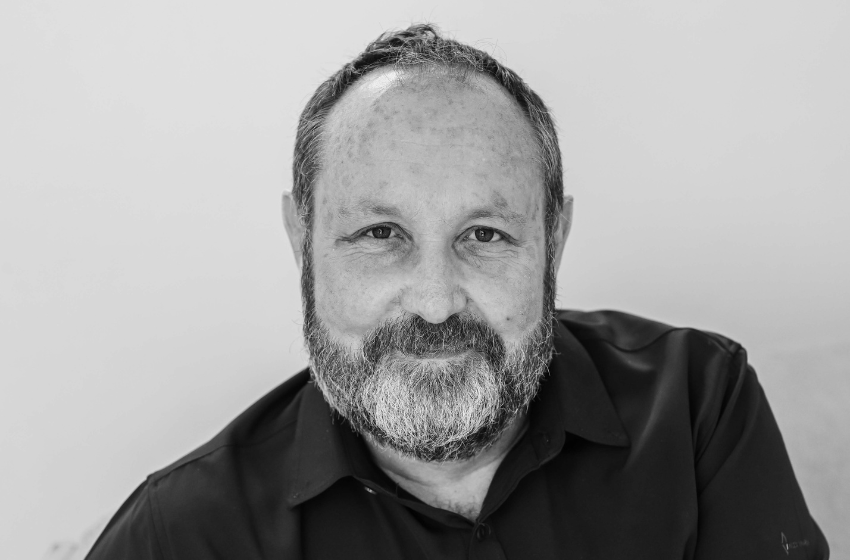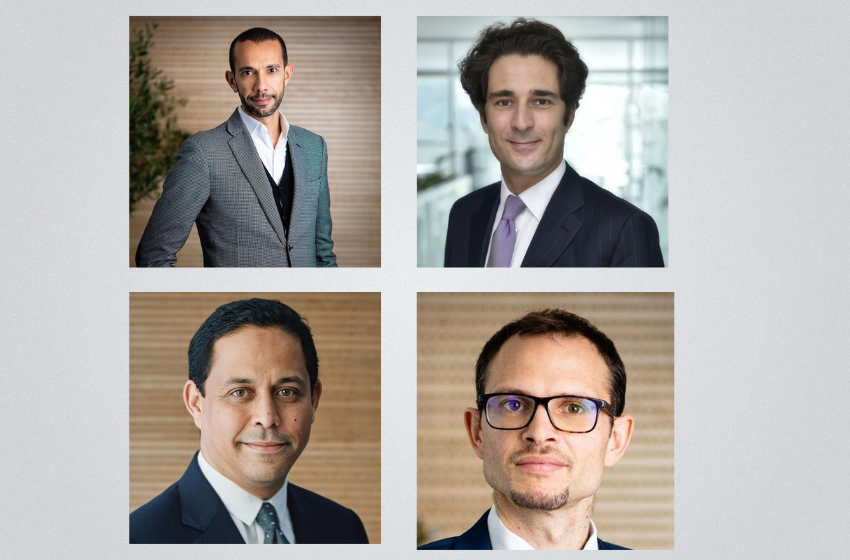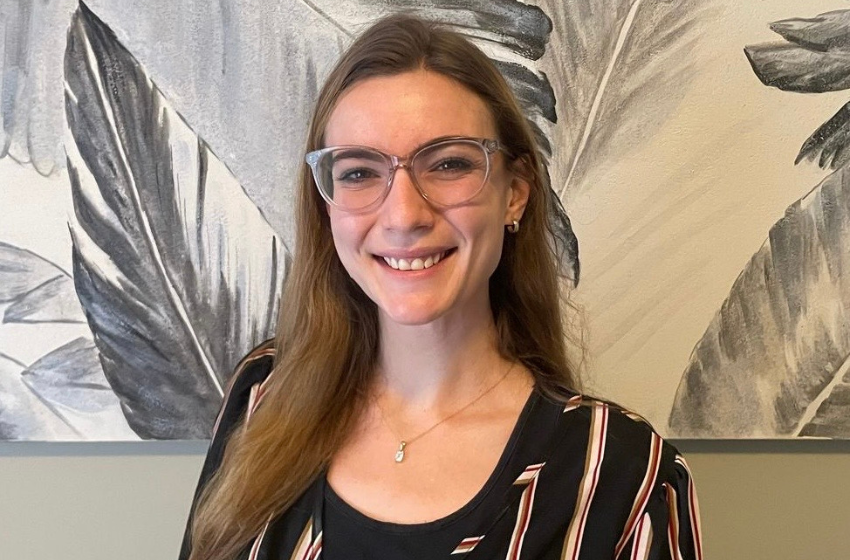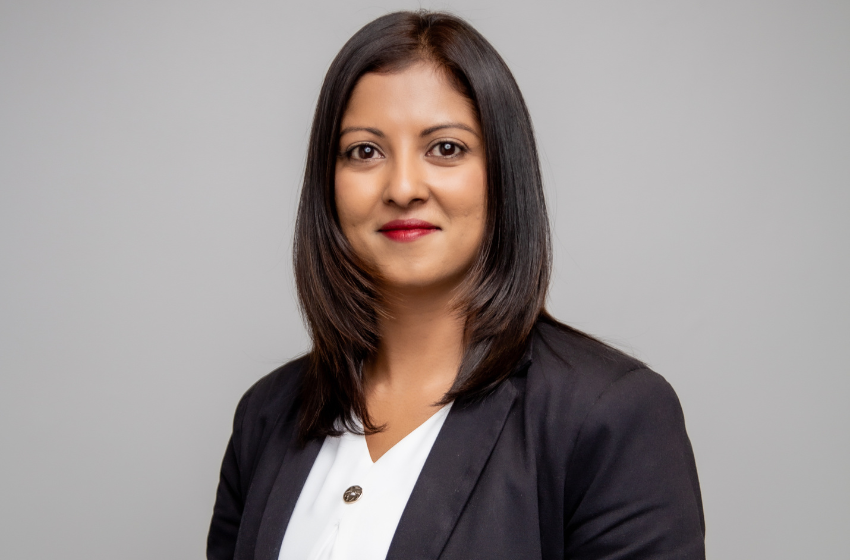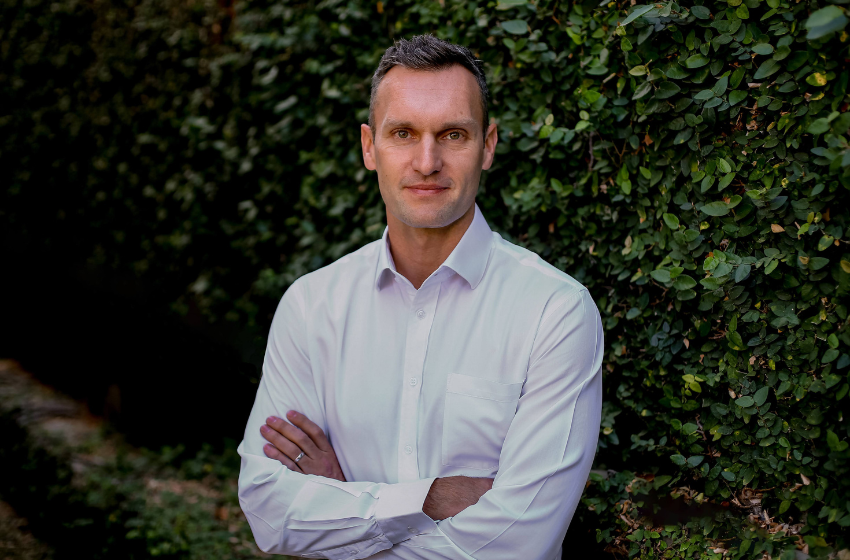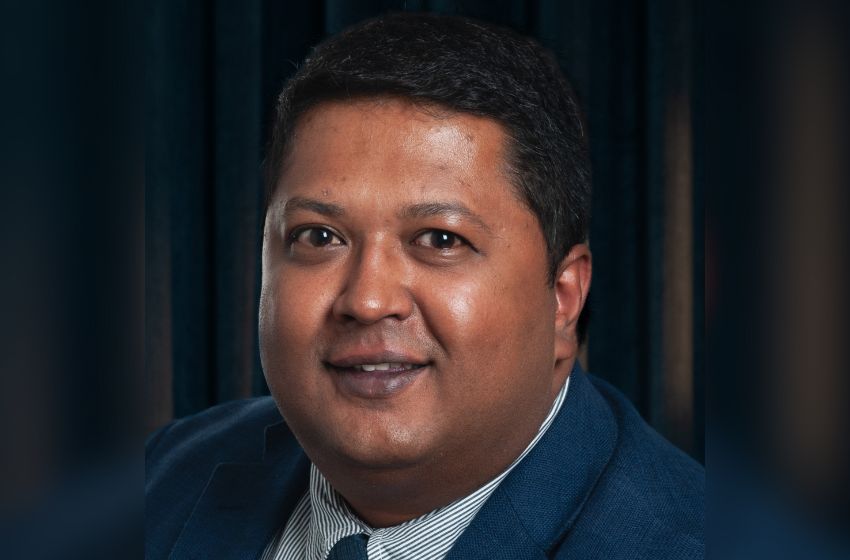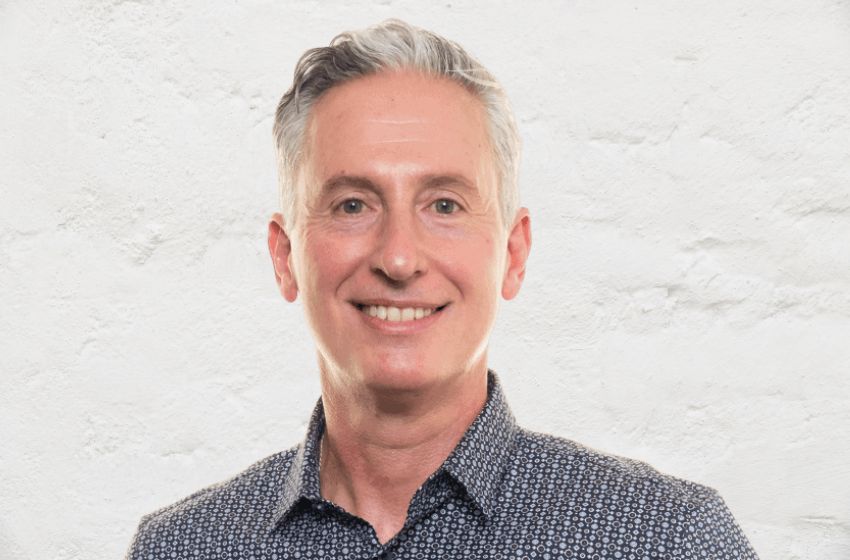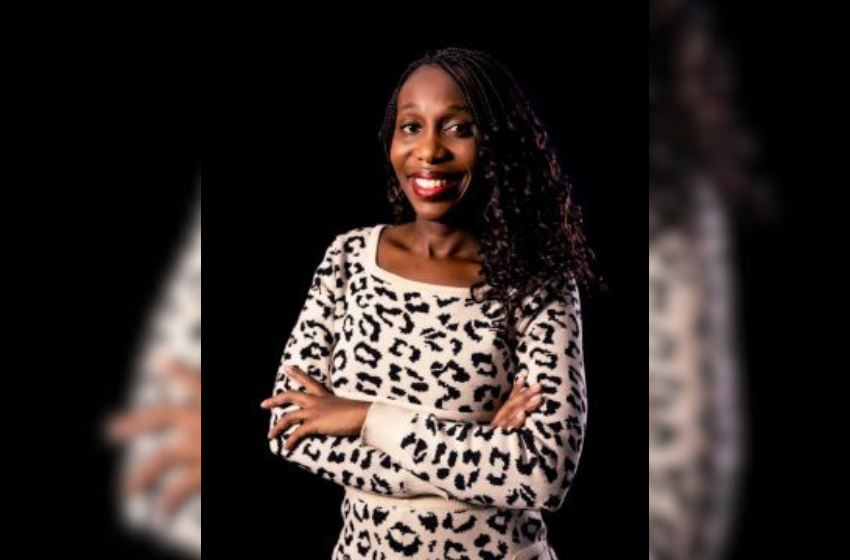
Zanele Matome, CEO of Welo Health
South Africa’s healthcare system is under immense pressure. From ageing infrastructure to overburdened public hospitals, the cracks are widening, and the consequences are deeply human. The truth is that our system was never designed to serve over 48 million people. Yet, that is exactly the weight it now carries.
But we need to be honest about something else. We keep trying to fix a uniquely African challenge with copy-and-paste first-world solutions. Our biggest failure is not just underfunding or policy delays. It is the assumption that what works in London or New York will work for South African Citizens.
The future of South Africa’s healthcare lies not in mega-hospitals or flashy announcements. It lies in building accessible, preventative, community-based care delivered by agile, tech-enabled companies who understand the realities on the ground. That is the work we’re doing at Welo Health, and it is a model that’s working.
Bridging the infrastructure gap
We have seen the reports. We know the hospitals are full, the nurses are overstretched, and the National Health Insurance (NHI) plan is still struggling to get off the ground. Government’s current NHI budget barely scratches the surface, and we cannot afford to think in old terms.
What if, instead of building new clinics, we used what already exists? At Welo, our Hospital-at-Home model allows us to deliver care directly to the people who need it, whether it is an elderly patient in a rural village or a child too sick to be moved. We act as the hands and feet of government, ready to deploy agile teams to communities where traditional care simply cannot reach.
And we are not alone. There are other startups and digital health innovators who are also doing the same thing. Together, we represent a powerful opportunity: to extend the state’s reach without adding to its infrastructure costs.

Prevention before intervention
One of our core beliefs at Welo is that healthcare should start long before you need a pill or a hospital bed. That is why prevention is a cornerstone of our model.
With the support, mentorship, and funding from Aions Ventures, since 2021, we have been conducting health screenings at workplaces and in people’s homes, testing blood pressure, glucose, cholesterol, BMI, and more. If we detect early signs of risk. We then act, educate and follow up. For patients already on chronic medication, we help them manage it better. The goal is to avoid the ER visit altogether.
Government could radically reduce the cost and burden of care by partnering with health providers who prioritise preventative care, not just reactive treatment.
Awareness starts at home
What we have also learned is that health begins with awareness. That means reaching people where they are and not where we think they should be. Whether it is teaching families to grow and cook what is locally available or showing communities how to prevent asthma through basic home hygiene, these are the small wins that create long-term health resilience.
Technology is a critical enabler here, but only if we use it correctly. While WhatsApp works well in urban areas, rural regions need zero-rated data options and USSD platforms. That is why we are expanding our reach using mobile-accessible health education tools that work even on feature phones, in people’s native languages.
Let us Africanise the solution
South Africa straddles two worlds: the aspiration of a first-world healthcare system and the reality of third-world infrastructure. That is not a weakness, but an opportunity. We do not need to choose between AI and nurses. We must blend digital innovation with a human touch and ground every decision in our lived African context.
Government must recognise that the fastest way to activate NHI and truly transform healthcare is by partnering with the people already doing the work. Startups like Welo already have the systems, the reach, and the community trust. We just need the mandate to scale.
However, this is not about replacing the state but about extending its reach. Healthcare cannot wait for another decade of planning. We need bold, local solutions now. Let us stop dreaming of systems that do not fit us and start building the one that does.
Share via:



